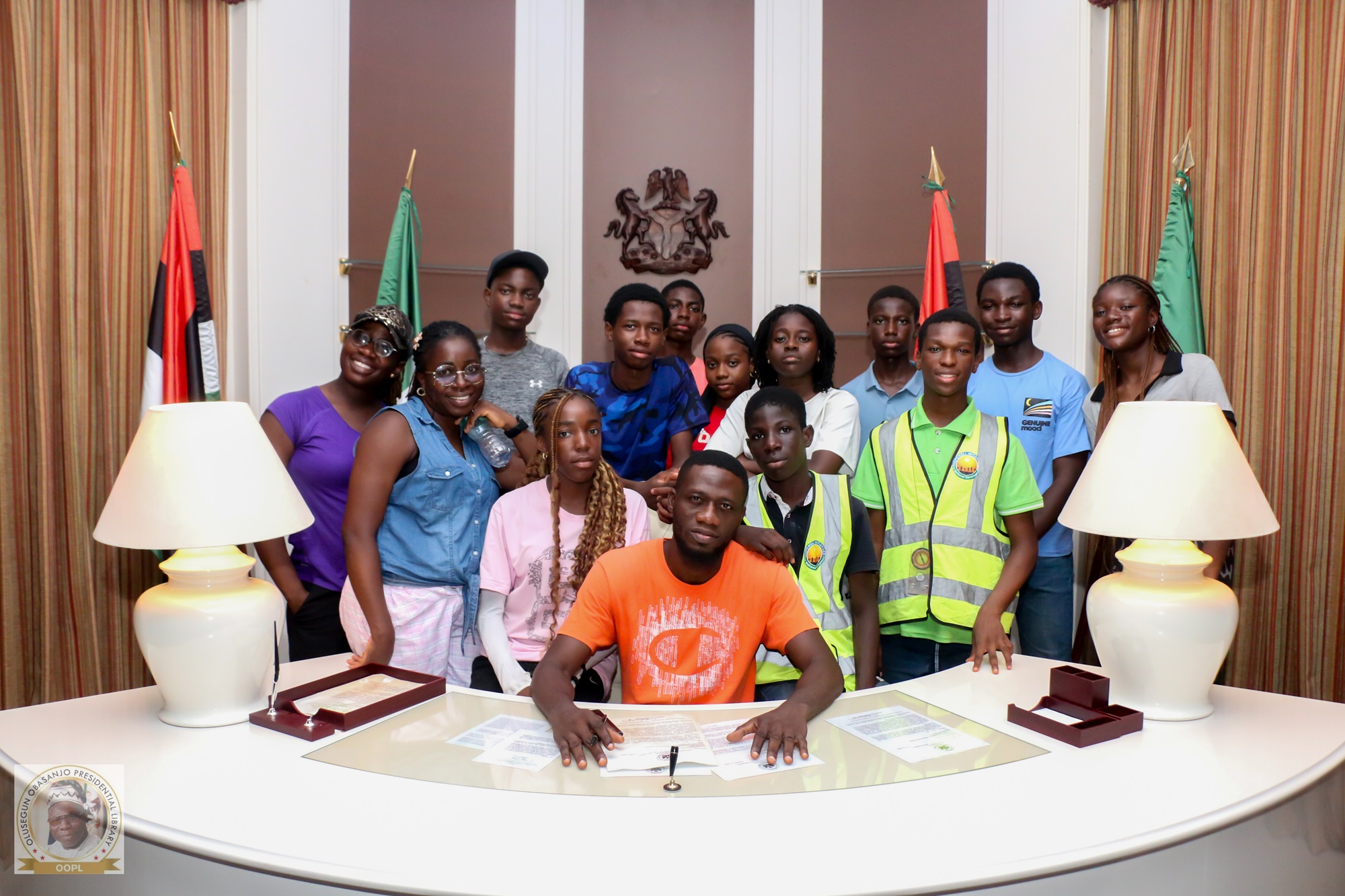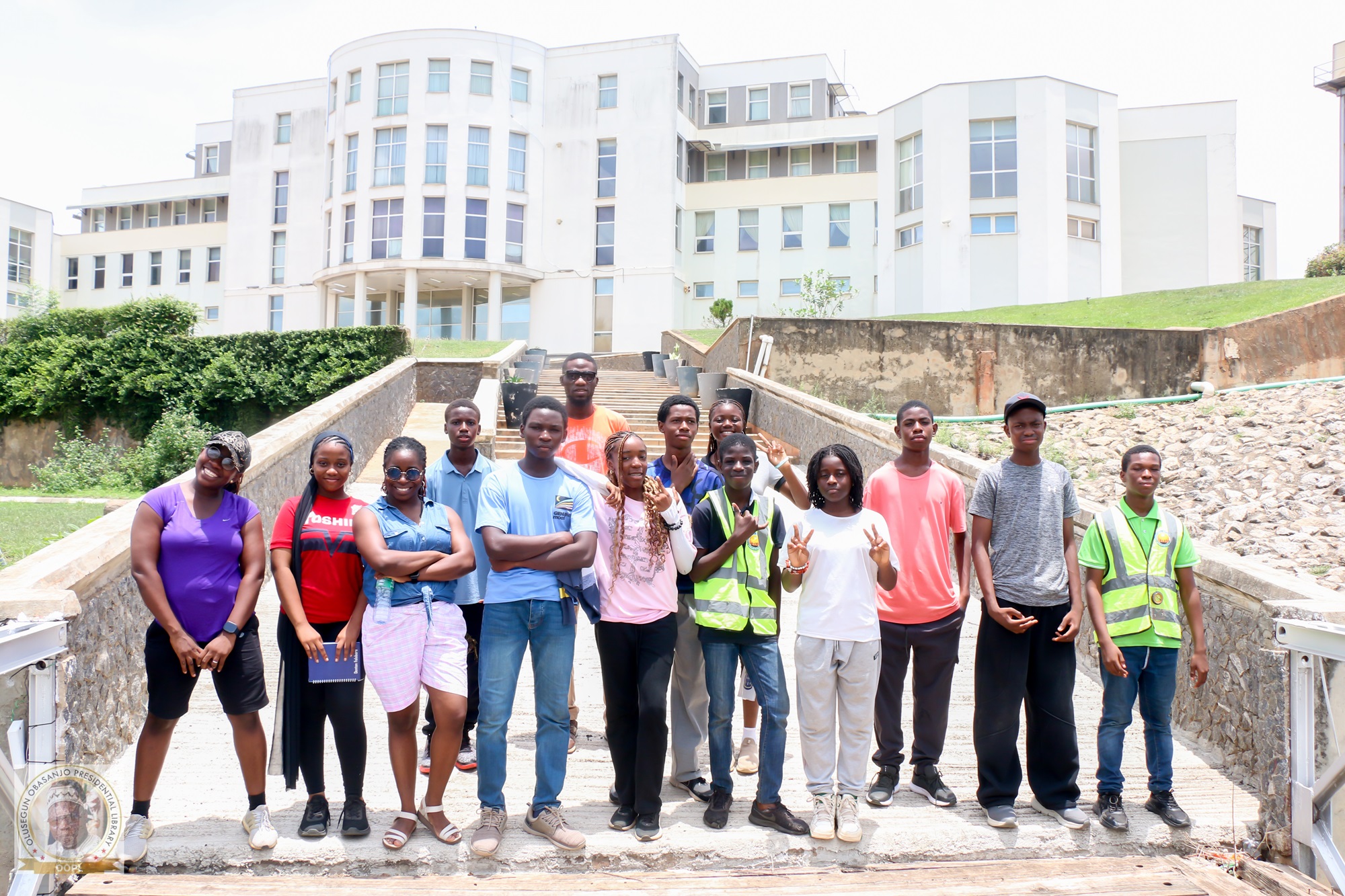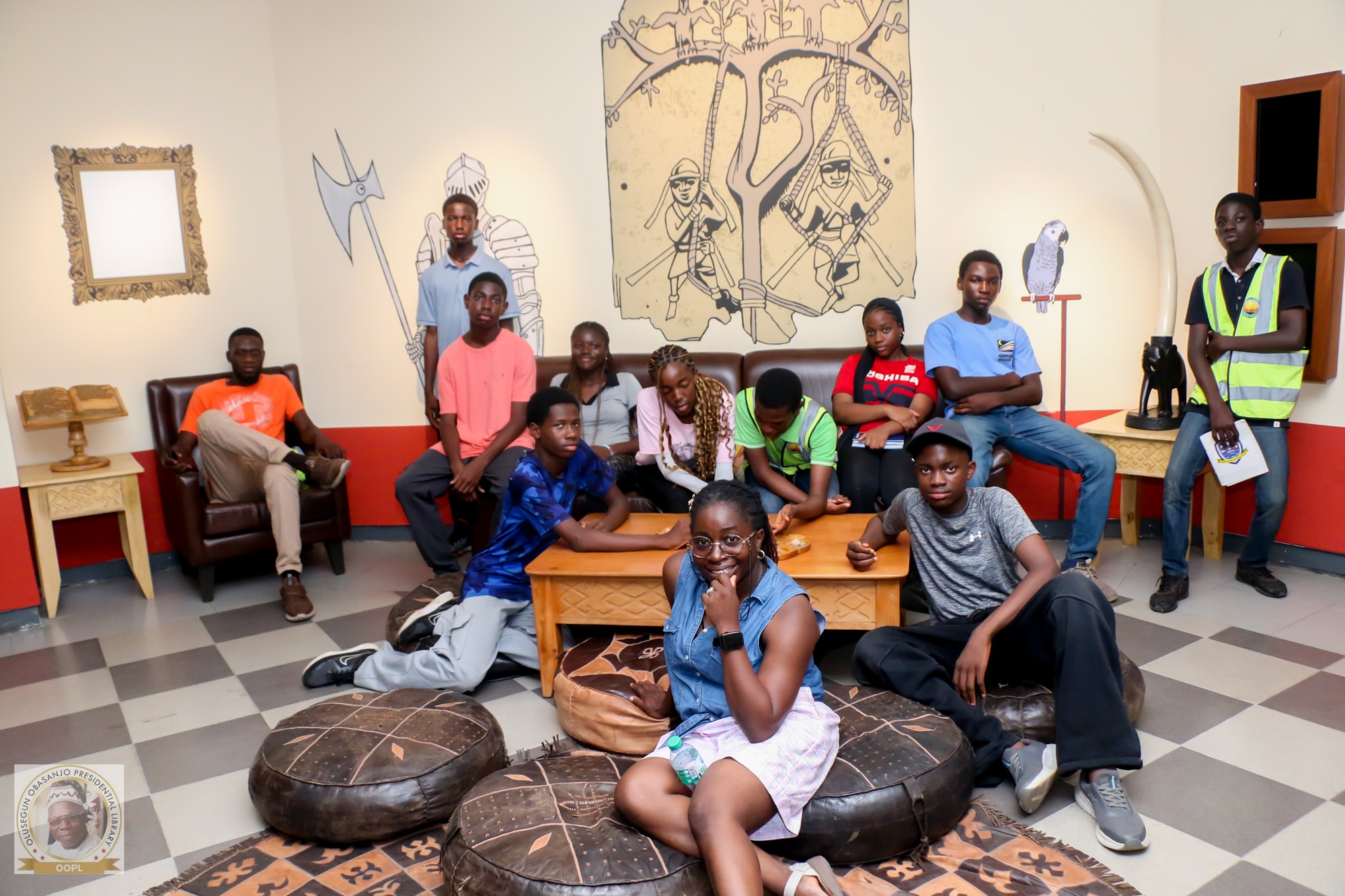


Enriching Minds. Engaging Passions. Empowering Purpose.
At NobelHouse College, extra-curricular activities are an essential part of student life. We provide rich and varied opportunities for students to explore their interests, discover hidden talents, and build essential life skills beyond the classroom.
Our extra-curricular programme complements academic learning with real-world experiences that develop confidence, creativity, leadership, and resilience.
At NobelHouse, extra-curricular activities turn passions into purpose and students into well-rounded, future-ready individuals.
Activities Include:
🎨 Arts & Culture – Visual Art, Cultural Troupe, Dance Workshops.
🧠 Academic Enrichment – STEM Club, Coding, Quiz Competitions.
🗣️ Communication & Leadership – Debate, Press Club, Public Speaking, Student Council.
🏆 Sports & Fitness – Football, Table Tennis, Volleyball, Track Events.
🎼 Music & Performance – School Choir, Drama Club, Talent Shows.
🌿 Social Responsibility – Environmental Club, Community Projects.
♟️ Mind Games – Chess, Scrabble, Puzzles.
🛠️ Practical Life Skills – Home Makers, Young Entrepreneurs, Culinary Club.
🥇 Duke of Edinburgh’s International Award (DofE) – A prestigious global programme that challenges students (ages 14+) to grow through Voluntary Service, Physical Recreation, Skill Development, and Adventurous Journeys.
Impact
• Promotes personal growth, teamwork, and self-discipline.
• Builds confidence, leadership, and social awareness.
• Encourages responsibility, resilience, and global citizenship.
• Enriches university applications and future career prospects.
